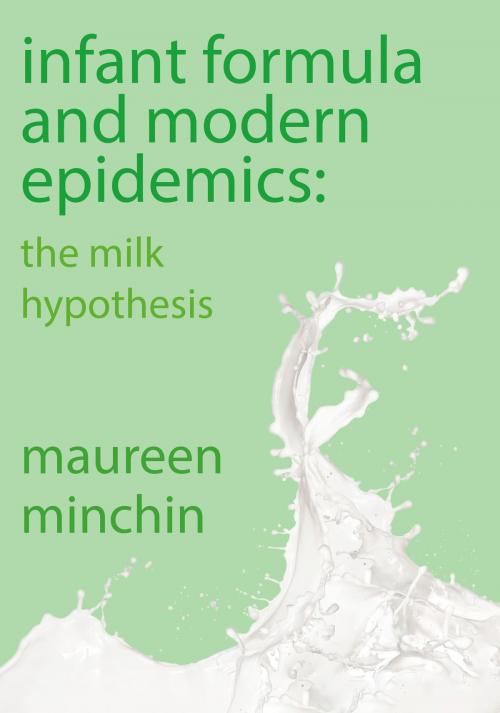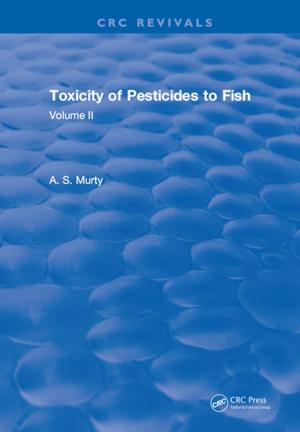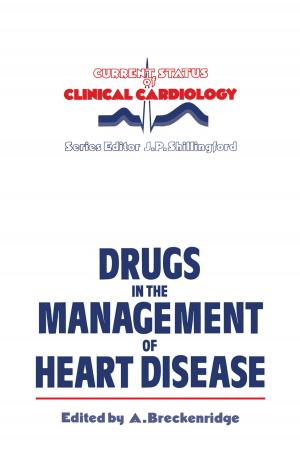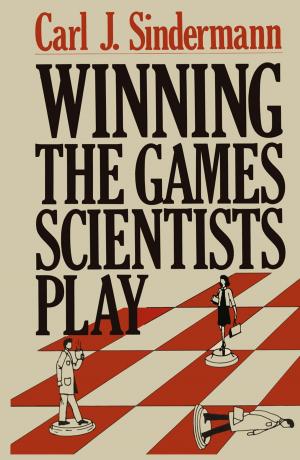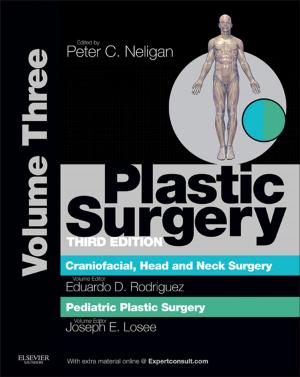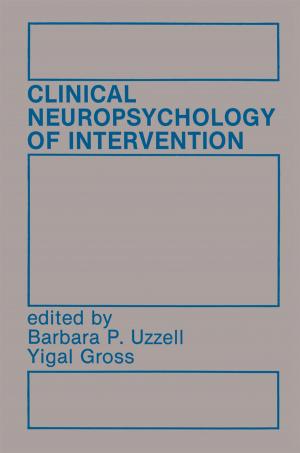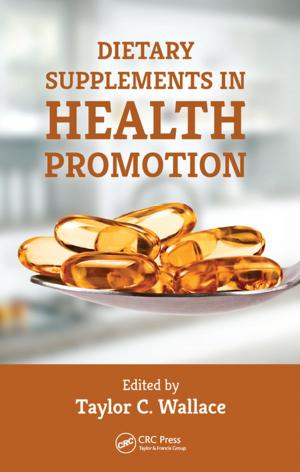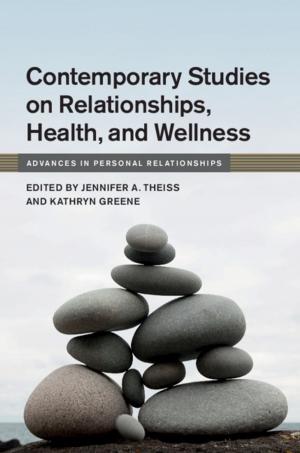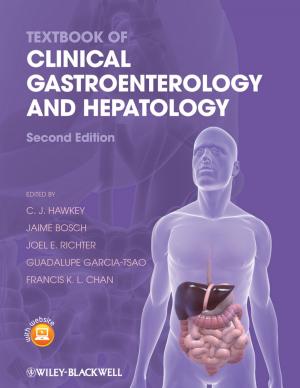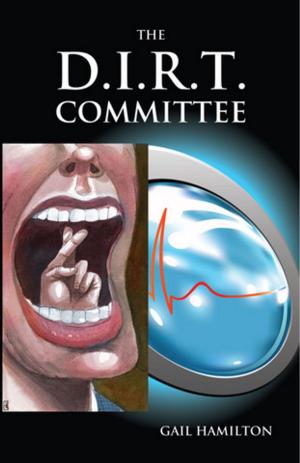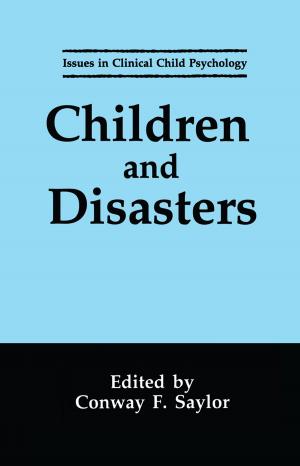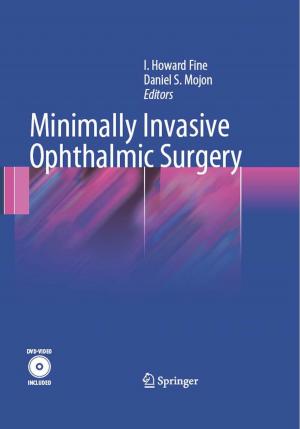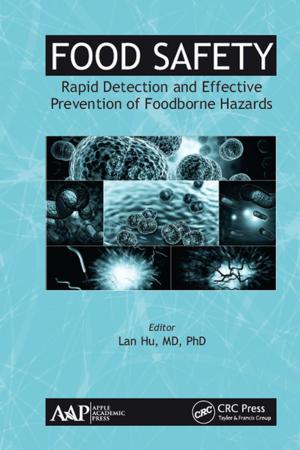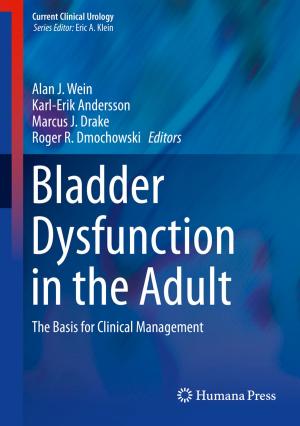Infant Formula and Modern Epidemics
The milk hypothesis
Nonfiction, Health & Well Being, Health, Ailments & Diseases, Immune System, Medical| Author: | Maureen Minchin | ISBN: | 9781925457308 |
| Publisher: | Milk Matters Pty Ltd | Publication: | September 15, 2016 |
| Imprint: | Language: | English |
| Author: | Maureen Minchin |
| ISBN: | 9781925457308 |
| Publisher: | Milk Matters Pty Ltd |
| Publication: | September 15, 2016 |
| Imprint: | |
| Language: | English |
This e-book is part of Milk Matters: infant feeding and Immune disorder, a hardback volume of 840 pages, which is available as a reference text from major retailers. That 2015 hardback was, in fact, three separate books under the one cover. In making Milk Matters available as an e-book, it made sense to produce two books separating the third practical and clinical book from the more theoretical multidisciplinary scientific and historical books. So the first two books of Milk Matters have become this first e-book, re-named as Infant Formula and modern epidemics: the milk hypothesis. This volume surveys research evidence that both the absence of breastfeeding and breastmilk, and the presence of ersatz substitutes fed by bottle, must damage human health. Inflammatory disease epidemics are the result of interacting factors, the most important (and the most often ignored) being early infant feeding during the period when bodies are being constructed and lifelong growth and development is being programmed. The book discusses the hygiene and biodiversity hypotheses, and argues that they should be rewritten to incorporate new scientific and sociocultural knowledge about milks fed to infants. An overarching milk hypothesis makes more sense than either of these widely accepted ideas. Artificial infant feeding was the 20th century’s largest uncontrolled in vivo experiment, and in many countries has resulted in compounding intergenerational harms. Since the egg that will become each of us begins in our grandmother’s womb, from genetic material passed down both paternal and maternal lines, our past has shaped us long before our parents hold us in their arms. Whatever a mother’s infant feeding decisions or actions, no mother is solely responsible either for the decision, made in a cultural context she did not create, or for its outcomes. Readers of this book will discover that anger is a more appropriate emotion than guilt. This book contains shocking and enlightening information not easily available to parents and health professionals elsewhere. Copies of the original hardback were given to industry with a request for feedback, and no negative comments or factual corrections have been received. This is possibly because industry recognises the truth of what is in this book, which relies heavily on industry-funded research and resources. To date all reviews have been positive, and the author has just been nominated by UK academics for the John Maddox Prize, which ‘recognises the work of individuals who promote sound science and evidence on a matter of public interest, facing difficulty or hostility in doing so. About the Author: Medical historian and health educator Maureen Minchin has been involved in global efforts to promote evidence-based infant feeding for decades, and is internationally recognised for her pivotal role in creating the lactation consultant profession. She has been a consultant to international bodies such as the World Health Organization (WHO) and the United Nations Children’s Fund (UNICEF). She has educated health professionals, including through creating university-based courses in the UK and Australia. And she is an Editorial Board member for the open-access online International Breastfeeding Journal. Maureen is also the author of Food For Thought: A Parent’s Guide to Food Intolerance and Breastfeeding Matters: what we need to know about infant feeding, as well as journal articles and background briefing papers for the WHO and USAID. Having three children in the 1970s, she experienced hospital practices that made breastfeeding difficult and allergy inevitable, with life-changing consequences for her children. She has since spent a lifetime providing advice and support to allergic families, while also working to improve health professionals’ education and training.
This e-book is part of Milk Matters: infant feeding and Immune disorder, a hardback volume of 840 pages, which is available as a reference text from major retailers. That 2015 hardback was, in fact, three separate books under the one cover. In making Milk Matters available as an e-book, it made sense to produce two books separating the third practical and clinical book from the more theoretical multidisciplinary scientific and historical books. So the first two books of Milk Matters have become this first e-book, re-named as Infant Formula and modern epidemics: the milk hypothesis. This volume surveys research evidence that both the absence of breastfeeding and breastmilk, and the presence of ersatz substitutes fed by bottle, must damage human health. Inflammatory disease epidemics are the result of interacting factors, the most important (and the most often ignored) being early infant feeding during the period when bodies are being constructed and lifelong growth and development is being programmed. The book discusses the hygiene and biodiversity hypotheses, and argues that they should be rewritten to incorporate new scientific and sociocultural knowledge about milks fed to infants. An overarching milk hypothesis makes more sense than either of these widely accepted ideas. Artificial infant feeding was the 20th century’s largest uncontrolled in vivo experiment, and in many countries has resulted in compounding intergenerational harms. Since the egg that will become each of us begins in our grandmother’s womb, from genetic material passed down both paternal and maternal lines, our past has shaped us long before our parents hold us in their arms. Whatever a mother’s infant feeding decisions or actions, no mother is solely responsible either for the decision, made in a cultural context she did not create, or for its outcomes. Readers of this book will discover that anger is a more appropriate emotion than guilt. This book contains shocking and enlightening information not easily available to parents and health professionals elsewhere. Copies of the original hardback were given to industry with a request for feedback, and no negative comments or factual corrections have been received. This is possibly because industry recognises the truth of what is in this book, which relies heavily on industry-funded research and resources. To date all reviews have been positive, and the author has just been nominated by UK academics for the John Maddox Prize, which ‘recognises the work of individuals who promote sound science and evidence on a matter of public interest, facing difficulty or hostility in doing so. About the Author: Medical historian and health educator Maureen Minchin has been involved in global efforts to promote evidence-based infant feeding for decades, and is internationally recognised for her pivotal role in creating the lactation consultant profession. She has been a consultant to international bodies such as the World Health Organization (WHO) and the United Nations Children’s Fund (UNICEF). She has educated health professionals, including through creating university-based courses in the UK and Australia. And she is an Editorial Board member for the open-access online International Breastfeeding Journal. Maureen is also the author of Food For Thought: A Parent’s Guide to Food Intolerance and Breastfeeding Matters: what we need to know about infant feeding, as well as journal articles and background briefing papers for the WHO and USAID. Having three children in the 1970s, she experienced hospital practices that made breastfeeding difficult and allergy inevitable, with life-changing consequences for her children. She has since spent a lifetime providing advice and support to allergic families, while also working to improve health professionals’ education and training.
